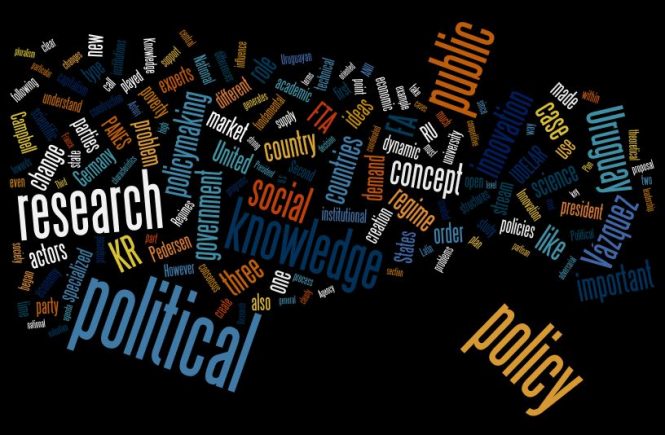Chapter 4: Media and Political Knowledge
“A democracy can’t be strong if its citizenship is weak,” observed political scientist William A. Galston (2011). A key requirement for effective citizenship is knowledge. Meaningful democratic decision-making requires that citizens understand basic facts of government and the issues that are at stake in elections. National surveys show that most Americans know key aspects of the U.S. Constitution and civil liberties. Happily, they also know the number of senators from their state. But in a testament to widespread ignorance, just 35 percent know the names of both U.S. senators from their state, only a third can name all three branches of government, and 29 percent believe a person can be tried twice for the same crime. This underscores a time-honored paradox of political communication: There is more information available than ever before, yet citizens’ knowledge levels do not approach normative ideals (e.g., Neuman, 1986).
There are a number of reasons why Americans lack knowledge of basic facts of government. These include journalists’ failure to explain difficult concepts clearly, expansion of media choices, leaders’ tendency to deliberately convey misleading information, and cynicism about politics. Do low knowledge levels offer a compelling indictment of the state of political citizenship? There are different views on this issue. Some scholars, with an eye on normative democratic ideals, answer in the affirmative. But a number of theorists make a compelling case that effective citizenship does not require knowledge of arcane government facts. Citizens can fulfill their democratic duties by relying on shortcuts to make political decisions, as well as by scanning the political environment to detect dangers to their personal well-being and the public welfare. Nonetheless, both critics and defenders of the status quo would agree that knowledge levels are not as high as they could or should be, based on normative democratic ideals.
What are the sources of political knowledge? The mass media and Internet impart voluminous amounts of information, providing the raw materials from which people construct political beliefs. There is abundant evidence that individuals who follow the news are more knowledgeable about politics than their counterparts who do not turn to the news media for political information. At the same time, there are striking inequalities in political knowledge, even in a society like the United States, where media are inescapable. Educated and wealthier Americans are significantly more knowledgeable than their less-educated and lower-income peers. Moreover, sociological and communication studies indicate that there are widespread knowledge gaps, where media increase already existing differences in knowledge levels. In these instances, by the end of a media political campaign individuals high in socioeconomic status emerge as even more informed about a political issue than those low in socioeconomic status.
Media do not exert uniform effects on knowledge. What people know influences what they learn from media. The ways that individuals process information and construct events influence the types of effects media exert on audience members. If you want to devise strategies to increase learning from political news, you need to appreciate how people process news. You then devise your strategies so they are in sync with people’s information-processing strategies.
Let’s end on a philosophical note, harking back to the democracy of knowledge-rich ancient Greece. It is interesting to contrast many Americans’ indifference to politics, and lack of knowledge about many issues, with the ethos of the classical democracy of Athens. As the statesman Pericles noted, “We do not say that a man who takes no interest in politics is a man who minds his own business; we say that he has no business here at all” (cf. Held, 2006, p. 14). To the Greeks participation and knowledge were foundations of citizenship, as much a part of the social universe as play, marriage, and child-rearing.
